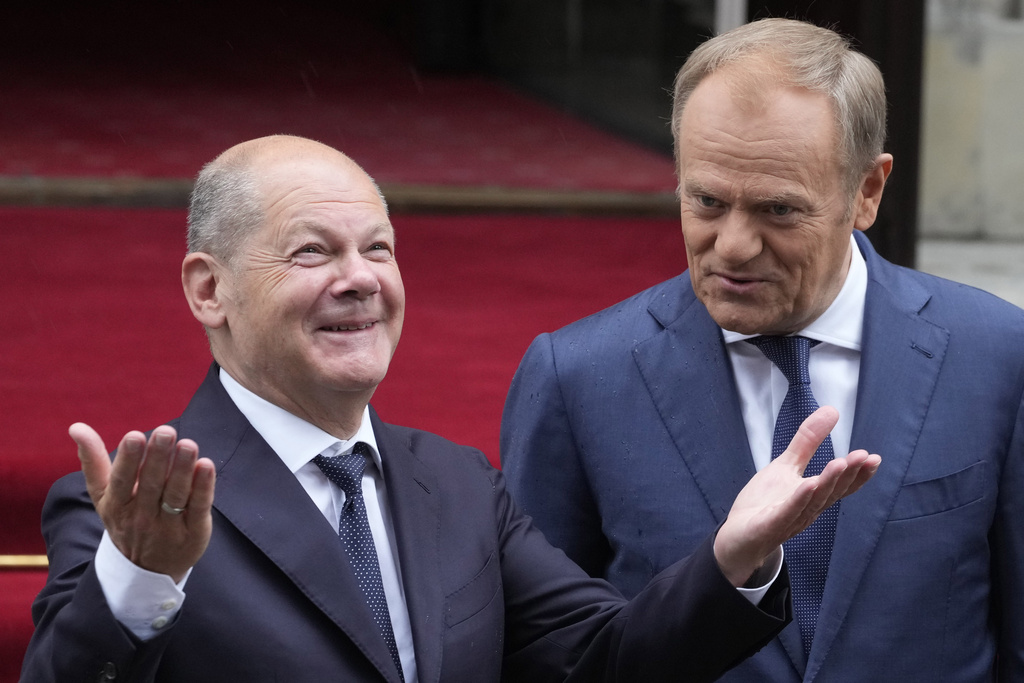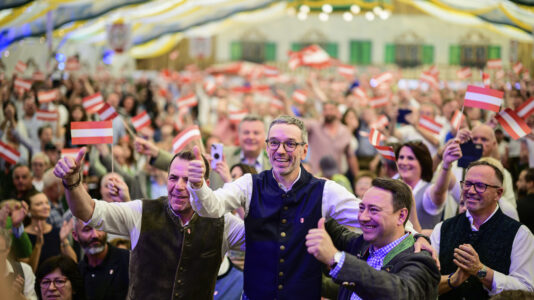Just days ago, for the 85th anniversary of Nazi Germany invading Poland, President Andrzej Duda gave a speech in Wieluń in which he made sure to note that Germany has still not paid reparations for the crimes committed against Poland during the occupation.
Prime Minister Donald Tusk also noted after the Polish-German intergovernmental consultations in July that “there is no amount of money that would compensate for everything that happened during World War II.”
German newspaper Die Welt wrote at the time, according to salon24.pl, that “Tusk’s words symbolize an attitude that surprises many politicians in Berlin,” as they had assumed that when Took power in December 2023, these “tiresome reparation demands from Warsaw” would no longer be an issue.
Apparently, they were wrong.
Tusk has not specifically repeated the €1.3 trillion PiS had calculated it is owed, but unconfirmed reports indicate that he rejected an offer from Scholz of €200 million back in July.
Tusk knows this is not a PiS-specific issue. A majority of his voters also expect some Germany to pay up something, with Die Welt noting this is one thing the Sejm’s primary political parties can agree on: “Germany should pay.”
Although Berlin may have expected too much in terms of not having to pay anything, the good news is, they can now deal with a fellow partner in the European project who will not be throwing anti-German rhetoric at them nor fueling anti-German sentiment.
“Tusk is treated seriously in Berlin; the German government wants him as a partner,” Die Welt wrote.
Negotiations are supposedly ongoing to get payments to living survivors of concentration camps and ghettos and former forced laborers, a total of some 40,000 elderly Poles.
A memorial site for Polish victims has already been agreed upon, while discussions have also included financial help for Poland to boost its military, especially in light of its need for better defenses on its eastern front. Reports have also indicated that German Chancellor Scholz wants Poland to commit to the Sky Shield program to help fortify all of Europe’s defense capabilities.






